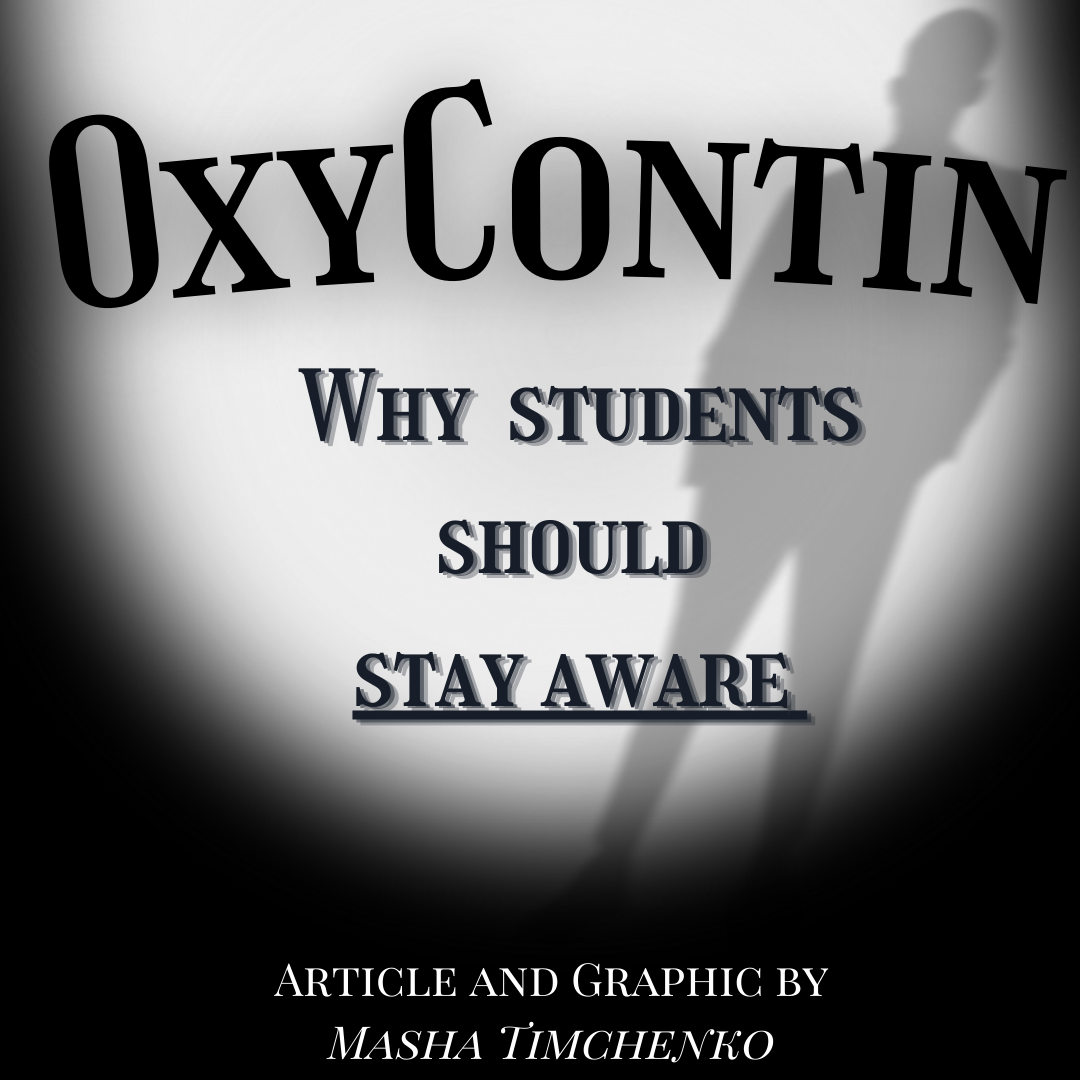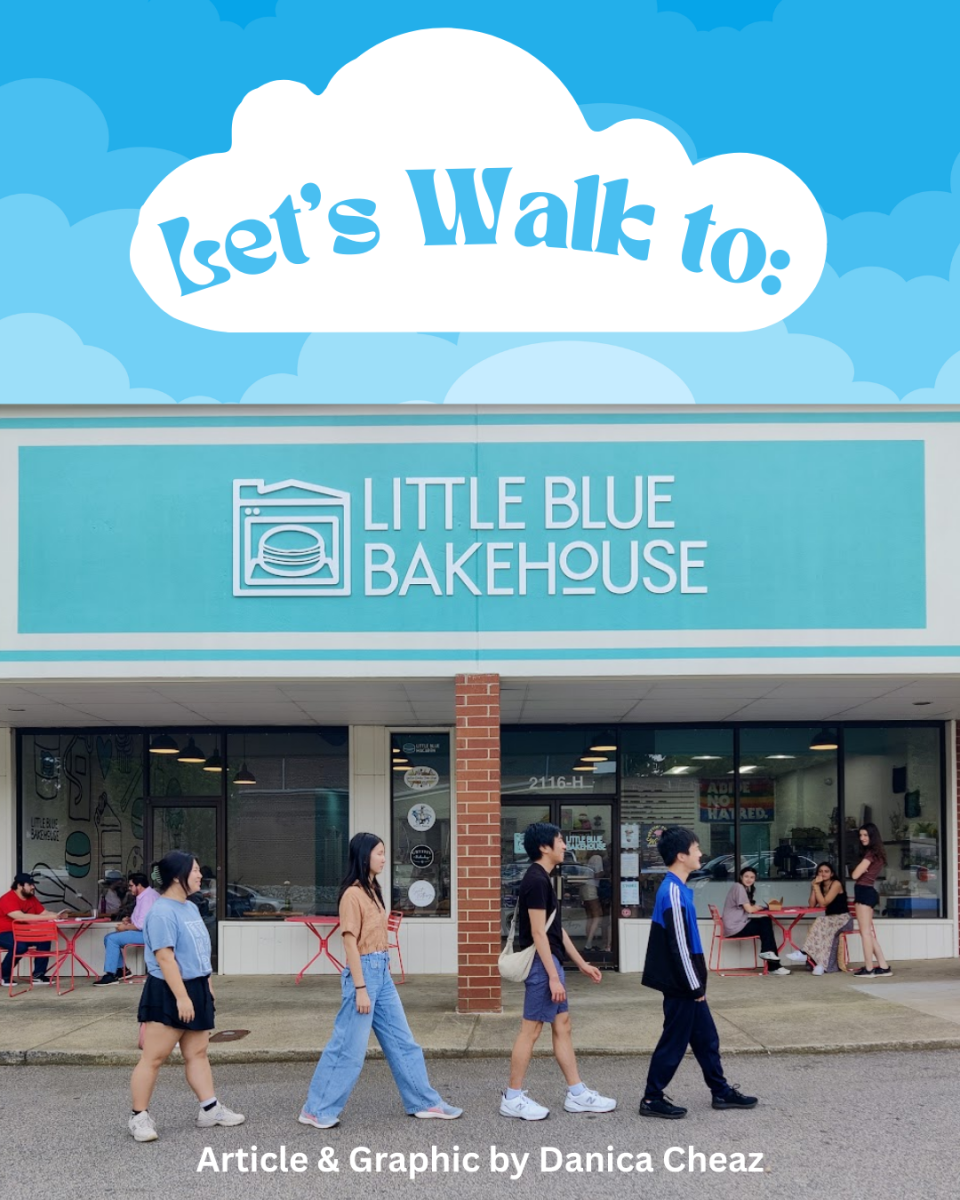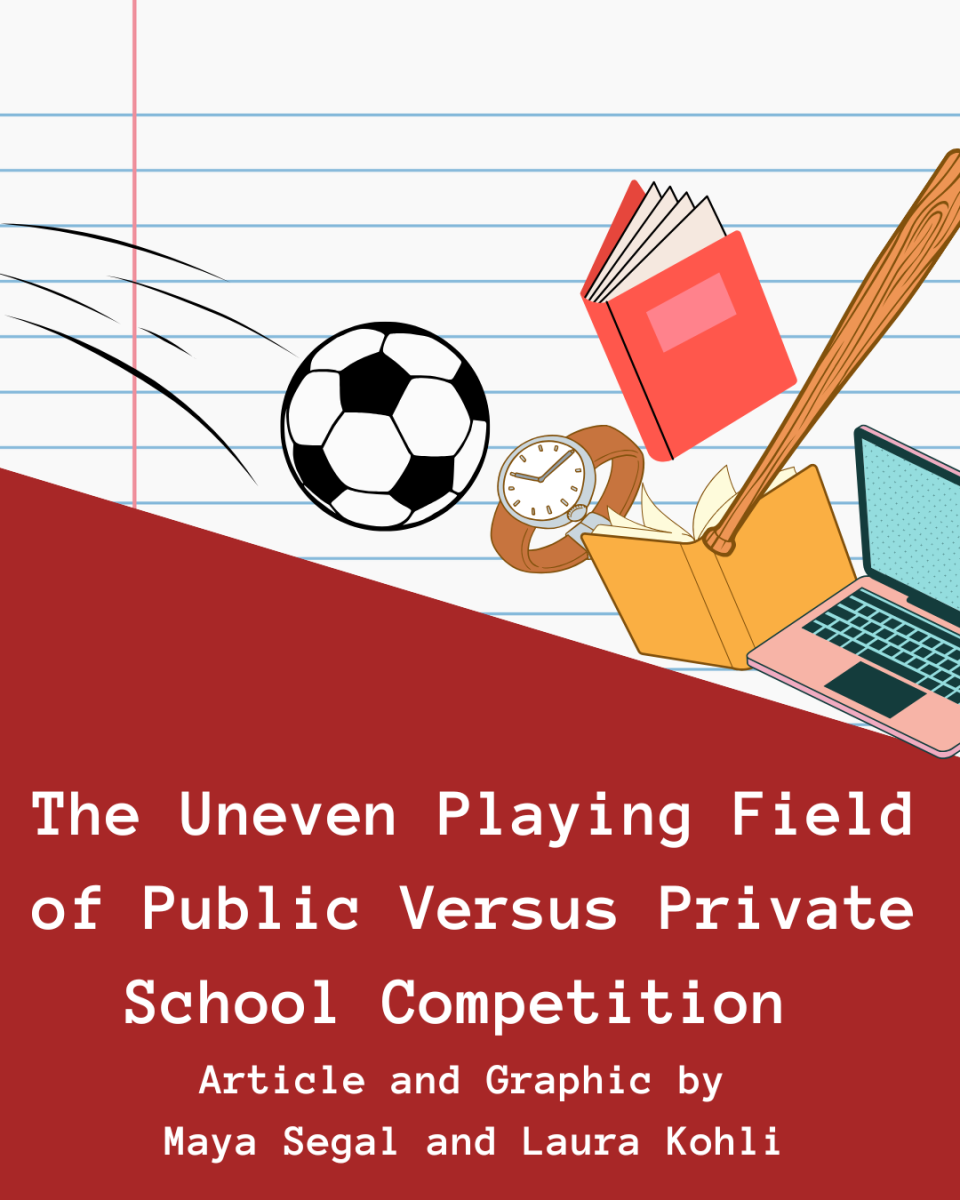OxyContin: Why Should Students be Aware of Its Dangers And History?
Disclaimer: This article aims to explore and educate on the controversial claims regarding the use of the widespread painkiller. The information stated should not be used as medical advice.
In our country’s past, the word ‘OxyContin’ was whispered like a promise of freedom from pain, but instead left the lives of millions falling into a trail of addiction. OxyContin is a pharmaceutical opioid that has been used throughout the years as a painkiller and can only be obtained by prescription. The medication was originally developed for social bonding, childbirth, and maternal behaviors. This is not an article of collective suffering but a gentle reminder of a silent war that was formed with numerous human lives as a sacrifice.
A Miracle Drug?
OxyContin was pinpointed for the new evolution of the opioid epidemic as a remedy for chronic pain. It was developed by Purdue Pharma, a company owned by the Sacklers, and marketed as a less addictive over-the-counter type of drug needed after childbirth. This marketing created an illusion for numerous healthcare providers who then prescribed OxyContin extensively, heavily intensifying its influence and accessibility during the twenty-first century.
‘Nightmare Narcotics’
As time passed, patients began to become more insatiable, altering OxyContin’s intended use by crushing, snorting, or injecting the drug to achieve an immediate and intense euphoric high. Further investigation unveiled the presence of a psychoactive component, one that was often found in several illegal and highly addictive substances. This revelation provided a parallel between OxyContin and some of the most prohibited and dangerous drugs that could only be purchased from the black market. OxyContin was believed to be a gateway to the chaotic world of ‘Nightmare Narcotics.’ OxyContin is so prized that it has developed a nickname: “Oxy,” and is often used by high school students. According to the University of Michigan’s Monitoring the Future Survey, four percent of high school seniors in the United States have abused the drug at least once. Richard Sackler knew what he was doing by using his product as a gateway: when the price of OxyContin was too out of budget for users, particularly limited-income students, they turned to cheaper opioids like heroin. Consequently, students became addicted, further popularizing the legacy of ‘Hillbilly Heroin.’
The Sackler Controversy:
The Sackler Family, owners of Purdue Pharma, have found themselves at the center of the well-deserved controversy and public outrage due to their role in the opioid crisis unleashed by OxyContin. Richard Sackler’s love for money undoubtedly disregarded the human cost of OxyContin. One of the major points of contention has been Purdue Pharma’s aggressive marketing strategies championed by Richard Sackler. The company and Sackler himself have been assured of downplaying the risks associated with OxyContin whilst exaggerating its benefits. It was later unmasked that Purdue’s sales representatives were reportedly incentivized to prescribe the opioid, even in inappropriate situations. Numerous reports and court documents suggest that Richard Sackler and Purdue Pharma were made aware of OxyContin’s addictive potential and risks but unsurprisingly chose to ignore these warnings in favor of profits.
What Does Enloe Think?
An unmedicated student from Enloe, who has no personal experience with OxyContin or any other opioids shared their insights: “Be aware of these side effects. While medicines like OxyContin can be prescribed for [genuine] health reasons, they come with potential drawbacks. It could be used positively, but whoever uses it should be aware of it’s negative effects. If you know you get addicted easily, don’t go down that path. It could affect not only you but everyone around you.”
In the end, the choice to use or avoid OxyContin is deeply personal. It could be at a social gathering, under peer pressure, or even falsely medically prescribed. This student’s perspective not only brings attention to the duality of opioid usage but also the repercussions it has on families, friends and entire communities. The emphasis on individual agency, the responsibility of making rational choices, and the potential risks involved all make us question whether the decision is “worth it.” In an age where information is at our fingertips and discussions around drug use are more open than ever, it is heartening to see students at Enloe approaching the topic with depth, empathy, and critical thought. The haunting presence of OxyContin continues on in our history, leaving behind a legacy of tears. It causes us to think of the suffering and damage that a person with power can mindlessly cause. It’s a reminder that makes us question our vulnerability as a society.
If you, or someone you know, are struggling with issues related to substance abuse, please reach out to a counselor, mental health professional, or another trusted person immediately. High school students are encouraged to approach their school counselors, where they will get the help they need:
ENLOE School Psychologist: Ina Nyko
ENLOE School Psychology Intern: Nicholas Vande Krol
Email: inyko@wcpss.net
Phone: 919-856-7918, Ext. 24712
Office Hours: Mondays and Thursdays all day, Wednesday mornings in the main office.







